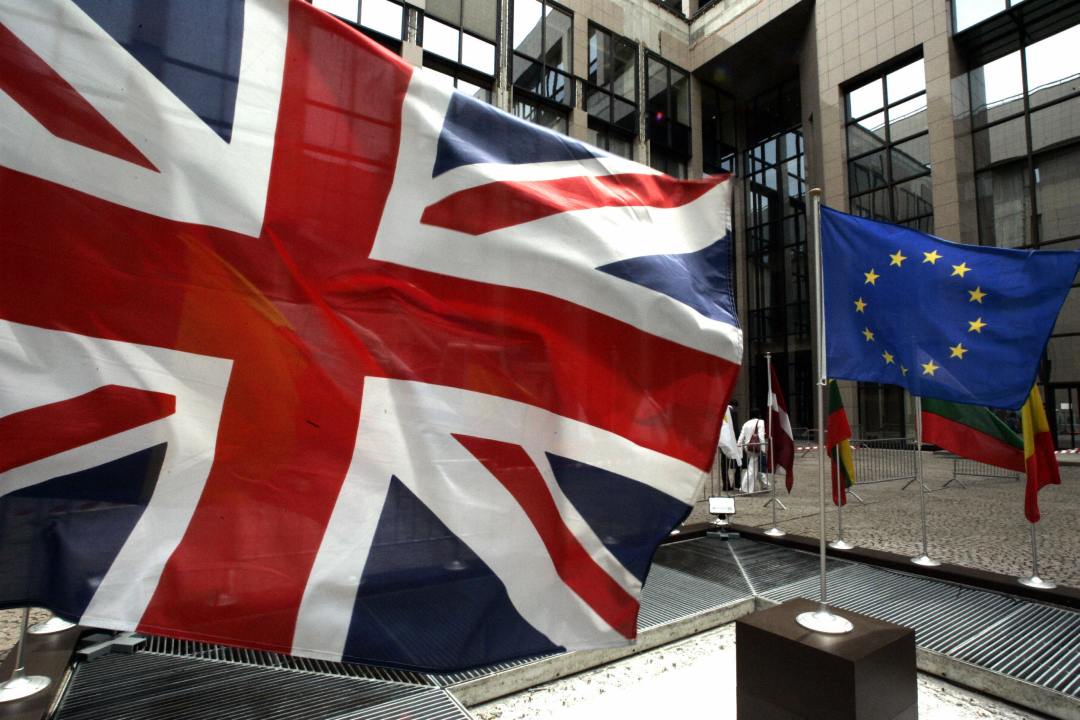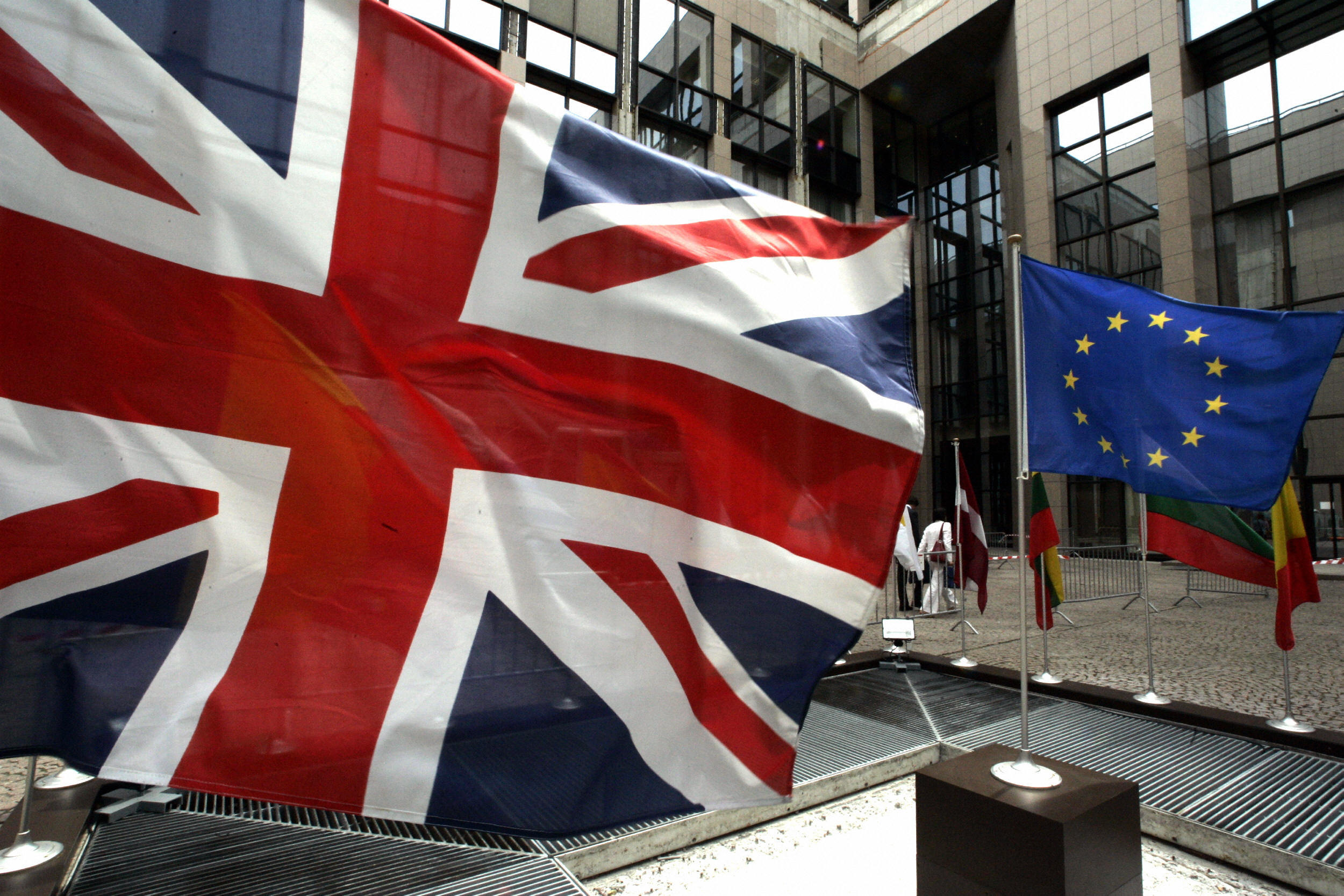 Having spent five hours in the debate last night, one thing was absolutely clear: we are
all Eurosceptics now. So why did I choose to vote against the motion? It is because I believe that anger and frustration alone will not resolve our justifiable grievances towards the EU; we need a
clear-eyed strategy to move forward.
Having spent five hours in the debate last night, one thing was absolutely clear: we are
all Eurosceptics now. So why did I choose to vote against the motion? It is because I believe that anger and frustration alone will not resolve our justifiable grievances towards the EU; we need a
clear-eyed strategy to move forward.
We can all agree that Europe in its current form is not working for us. We have passed powers to Brussels at the cost of undermining the sovereignty of Parliament. Regulations that hinder our
growth have not only been adopted but gold-plated, and with the Lisbon Treaty we are saddled with a constitution that no-one wanted and no-one voted for. Our national interest lies in reforming the
EU so that it becomes a help rather than a hindrance to addressing our economic challenges at home.
But to secure positive change, the Prime Minister needs maximum strategic flexibility. No-one wins a game of poker by revealing their hand at the start. The eurozone itself is entering unchartered
territory, having been forced to contemplate closer fiscal union to address the failings of the single currency. Germany has suggested opening negotiations for a new treaty as early as this December. For the first time
since the European project, we are in a unique position to help shape how the Eurozone operates, and to repatriate powers that should never have been relinquished. Now is not the time to surrender
our influence. Having a referendum on the table at this moment can only weaken our hand; for what incentive is there for the rest of Europe to listen to our views if they think we are going to
leave anyway?
Given the uncertainty of what lies ahead, it makes little sense to commit ourselves to a referendum within this parliamentary session or the next. For one, the terms of the referendum would simply
lead to more questions; whether we voted ‘in’, ‘out’ or to ‘shake it all about’, there would still be many practical issues to resolve. Indeed, as the European
drama continues to unfold, who can say whether discussions on a new treaty would not already be underway amongst European leaders by the time of the proposed referendum? We could find ourselves in
the embarrassing situation of voting to accept or reject a treaty while we are preparing for a separate referendum. It would be far better to allow the Government to get on with the business of
renegotiation from a position of strength. With the chorus for a referendum rising, the Government knows that failure in any negotiations to repatriate powers — beyond what it has so far
achieved — is not an option.
For some people, the call for a referendum is the Trojan Horse for leaving the EU altogether. I do not share that view. Britain is unique in having a voice that counts amongst the greatest
concentrations of economic and political power in the world (excluding China) . We have a seat on the UN Security Council; a reservation at the top table in Europe; and a strong relationship with
the United States. These relationships are complimentary and mutually reinforcing. By turning our back on Europe at this moment and becoming the equivalent of ‘Belgium with nukes’, we
may find that, in the hard-headed world of international relations, our loss of influence would be greater than we anticipate. With Britain out of the EU, Washington may find that Paris and Berlin
are more important to the transatlantic alliance than we are.
But if we are to make progress in Europe, we need a Conservative Party that is united, rather than divided. In 2010, just 13 per cent of voters described the Conservative Party as divided, the
lowest figure for 23 years. At the peak of the Maastricht rebellion 50 per cent of those polled saw the party as divided, and it was not until after 2005 that the figure fell to 30 per cent. Voters
do not like divided parties, whether or not the division is one of principle and conscience, as Conservatives discovered to our cost at the 1997 General Election.
So why do I raise this point? Firstly, if we are to make progress in Europe we need a united party, even when the issue at stake is one of conscience and principle. Secondly, when the Conservatives
were kicked out of office, our national interest in Europe was gravely damaged. During the last 13 years of Labour Government we opted into the social chapter, responsible for a number of
regulations that have suffocated businesses and stifled economic growth. And, in 2007, the Labour Government signed the Lisbon Treaty, responsible for ceding even greater powers to Europe. The
reality of politics is that bringing back powers that should never have been surrendered in the first place could take months, if not years, to achieve. To guarantee that we see the project through
we need an outright victory at the next election.
So whilst the Government cannot ignore the strength of feeling among the 100,000 who have signed the Number 10 e-petition, or polls suggesting that 72 per cent of the Conservative grassroots supported
yesterday’s motion, it is important to put these numbers into perspective. The latest figures from Ipsos Mori
reveal that just 1 per cent of voters regard Europe as the most important issue facing Britain today, well behind the economy, unemployment, immigration and crime.
No one is denying that the people must have a say, but it is not only those who voted yes that can lay claim to being true patriots; maximising the national interest at a time of huge change is a careful balancing act, which the referendum motion we voted on simply does not address.
Sam Gyimah is the Conservative MP for East Surrey







Comments